B.A. Rhetoric, Digital Media, & Professional Communication
M.A. Rhetoric and Professional Communication
Online M.A. in English, Technical and Professional Communication
Ph.D. Rhetoric and Professional Communication
Welcome to Rhetoric and Professional Communication at NMSU!
We are delighted you're here, and hope we can answer your questions. We are one of the oldest programs in rhetoric and professional communication in the country, and are dedicated to helping students excel at both the undergraduate and graduate level. For over three decades we have prepared critically thinking students who have gone on to work in non-profits, academics, industry, and the government. Our program has four areas of concentration: Rhetoric, Composition, Technical and Professional Communication, and Critical/Cultural Studies.
Rhetoric
As articulated by Angela M. Haas, rhetoric is “the negotiation of cultural information—and its historical, social, economic, material, and political influences—to engage participation and social action, broadly understood.” (145). Studying rhetoric thus gives us tools and insights for understanding how and with what effects people make and interpret meaning in the complicated communication situations in which they live, which range from daily and individual language practices (sending a text or making dinner for a friend) to using institutionalized genres (including academic research projects) and creating community-based change (through public protest, for example).
Students studying or specializing in Rhetoric can expect to:
- Read theory and research about the histories and development of rhetoric as a field and as culturally situated way of knowing and being in the world
- Consider how communication practices—whether written, aural, visual, or multimodal—emerge in context of histories, cultures, communities, and material networks (like the internet)
- Use rhetorical concepts and principles to interpret communication patterns, strategies, and tactics
Students with expertise in rhetoric can use it to:
- Teach and research rhetoric in post-secondary educational institutions
- Work for or consult with community and/or non-profit organizations to strategize campaigns or processes
- Work with local or national governments to create and research policy and initiatives
- Work in media to create or curate accessible, culturally-sensitive content
- Prepare for additional education, including law school or business school
Composition
Historically focused on alphabetic writing and the teaching of writing, composition is now understood to reflect the variety of symbolic practices that people use to make meaning, which can include things like putting together words, phrases, sentences and paragraphs but can also include putting words with images, videos, and sounds. Moreover, studying composition is not only about looking closely at individual texts but considering they emerge in larger cultural and material networks, accruing meaning and creating impacts within and across contexts. Students studying or specializing in Composition can expect to:
- Read theory and research about the histories and development of compositions as a field and as culturally situated practices for making meaning
- Identify the complicated causes and consequences of how and why composition takes the shapes that it does, acknowledging the role of power, culture, and technology to those forms
- Study composition pedagogy, including curricular design and assessment
Students with expertise in composition can use it to:
- Teach composition as secondary or postsecondary educational institutions
- Administer writing or tutoring programs at postsecondary institutions
- Lead or consult on community writing or literacy projects
- Create and edit media content across a variety of platforms
- Work as a copy-editor, acquisitions editor, content manager, or publisher
- Help friends and family with their resumes (this is what we get asked to do the most!)
Technical and Professional Communication
Technical and Professional Communication (TPC) encompasses communication processes and practices oriented to use. Technical and professional communicators thus consider how communication in all its modalities (written, spoken, visual, gestural, etc.) can be useable, useful, and beneficial for its audiences. In addition to connoting the specialized communication practices affiliated with emerging technologies, technical and professional communication encompasses the everyday (and mundane) texts designed to be used: recipes, how-to tutorials, health intake forms, travel documents, and so forth. The Society for Technical Communication (STS) suggests that “The value that technical communicators deliver is twofold: They make information more useable and accessible to those who need that information, and in doing so, they advance the goals of the companies or organizations [or communities] that employ them.” Students studying or specializing in Technical and Professional Communication can expect to:
- Read theory and research about the history and development of TPC as a field and set of culturally-situated practices, including their relationships to technologies
- Consider the impact of TPC practices and processes on the lives and livability of their users
- Foreground ethics and justice as the goals of TPC practices and products, identifying how historical and contemporary power relations shape who are imagined as users in TPC
- Practice creating usable and accessible communication products for a variety of culturally situated and embodied users
Critical/Cultural Studies
All language and communication practices are culturally situated, emerging within communities and reflecting culture and community values and beliefs. A focus on Critical/Cultural Studies in RPC programs prepares students to study the complicated relationships between language, culture, and the material world, through critical questions and research methods, centering issues of power and access that shape how language is used and with what effects. Students studying or specializing in Critical/Cultural Studies can expect to:
- Read theory and research that articulates relationships between language, power, and culture
- Identify relations among ideologies (i.e. systems of belief), institutions, and infrastructures that shape cultural practices
- Conduct analysis and research that centers language and communication as culturally situated and inflected by historical and material relationships
Our Faculty
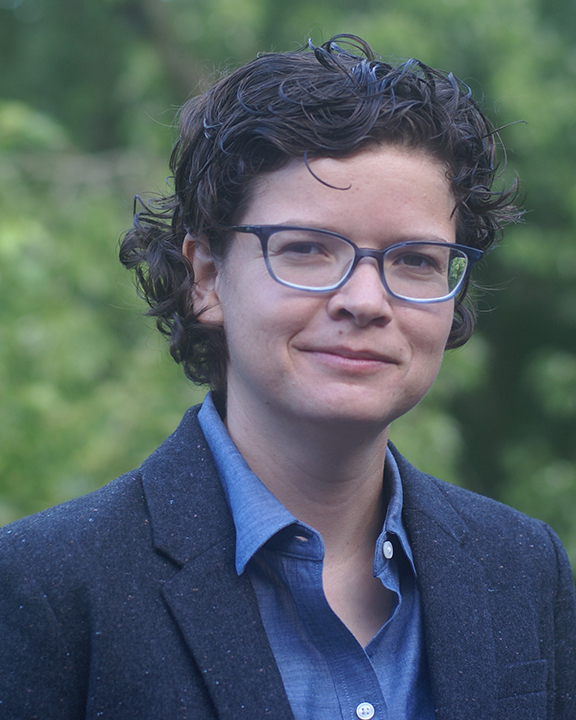
and Material Rhetorics; Science and
Technology Studies; Writing Studies
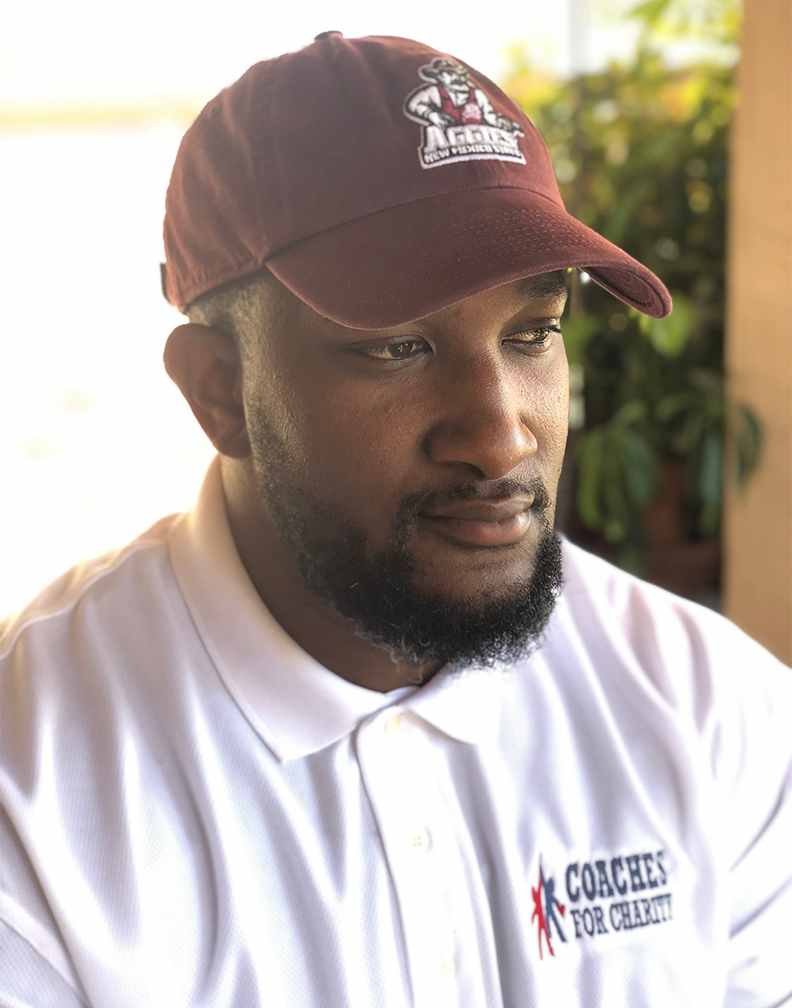
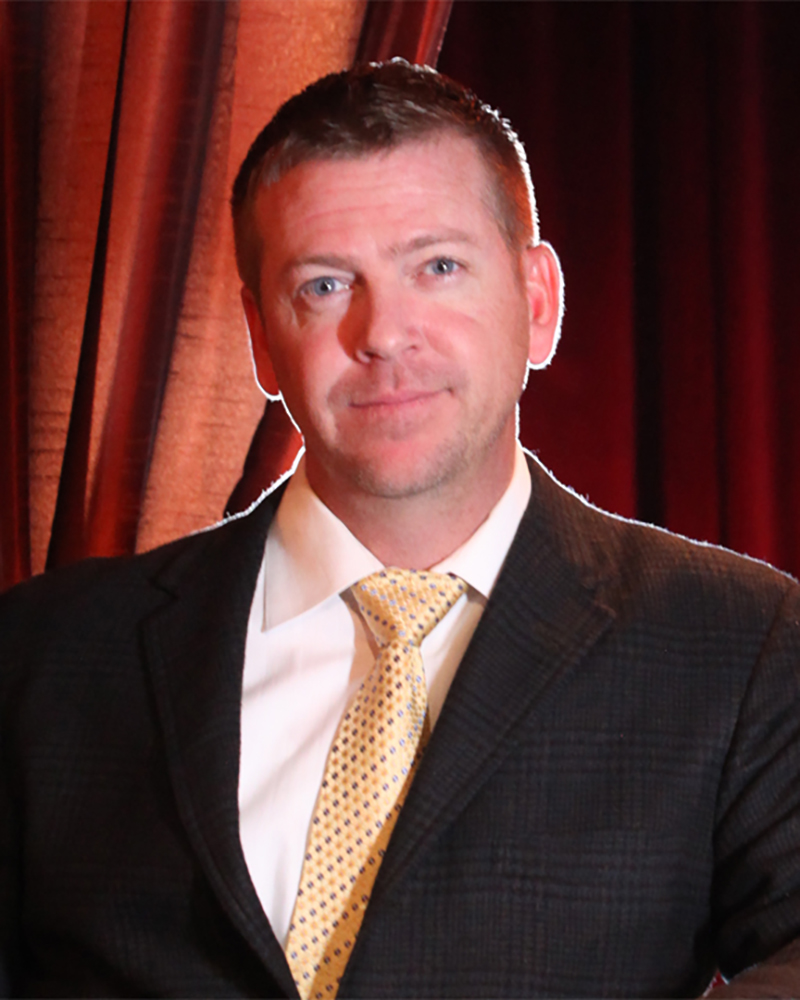
Professional Communication

(New) Materialist, and Critical Body
Rhetorics; Critical Writing Studies;
Writing Program Administration
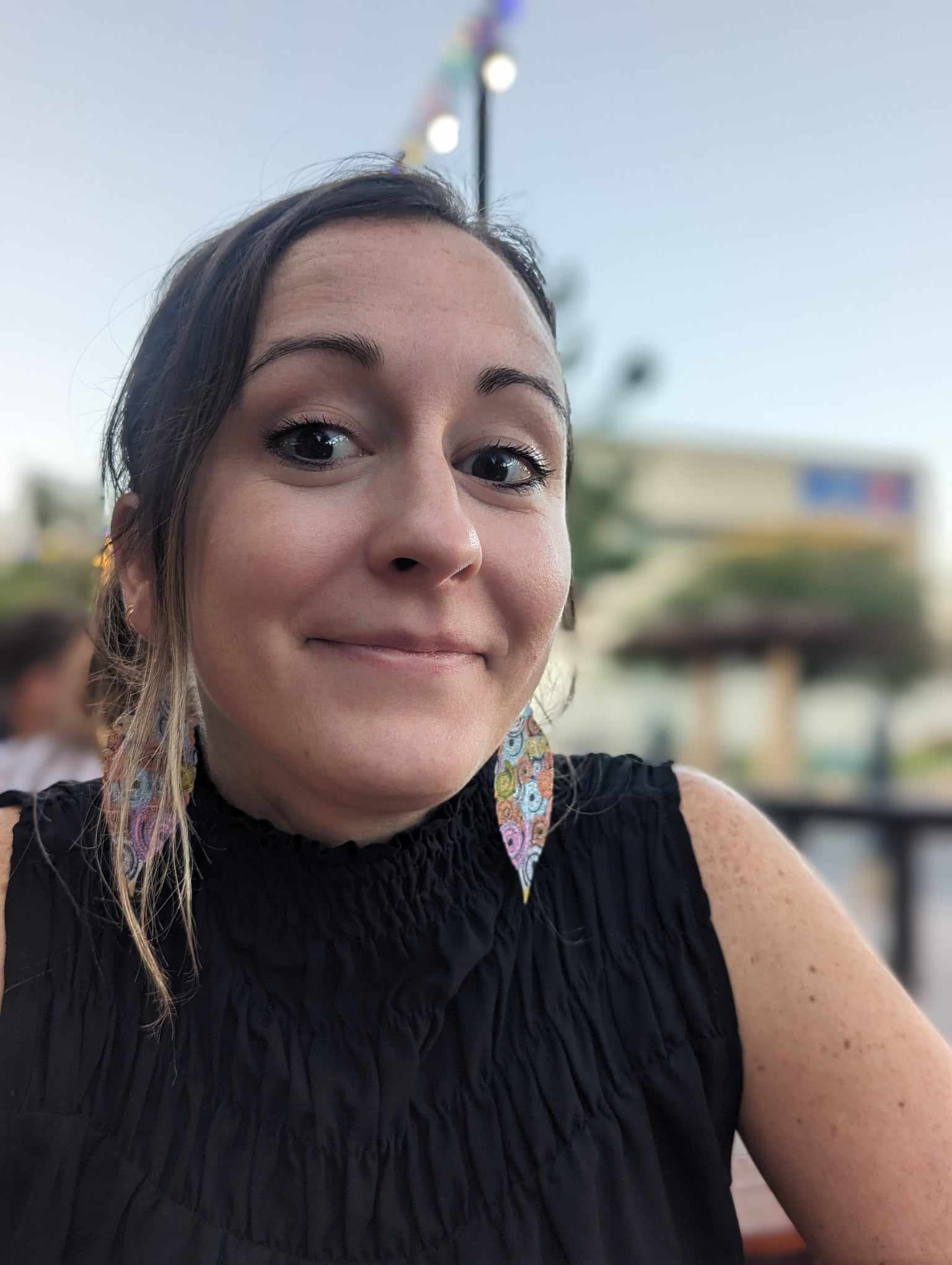
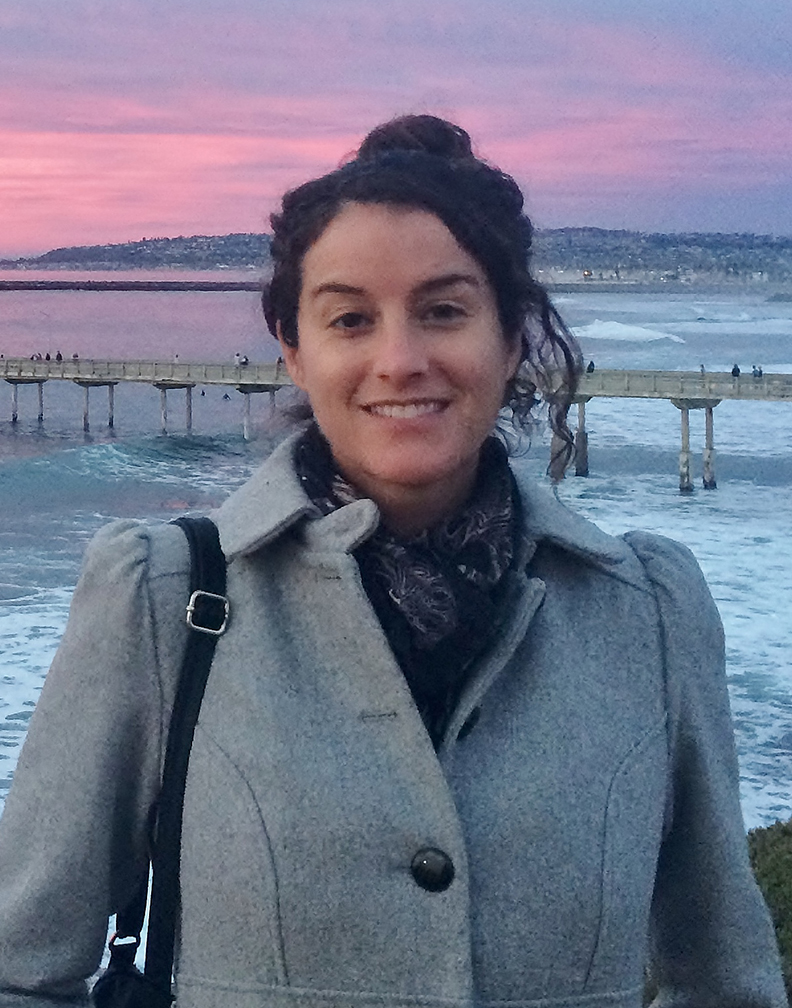
Environmentalism; Rhetorical
Histories; Technical and Professional
Communication
Our Work
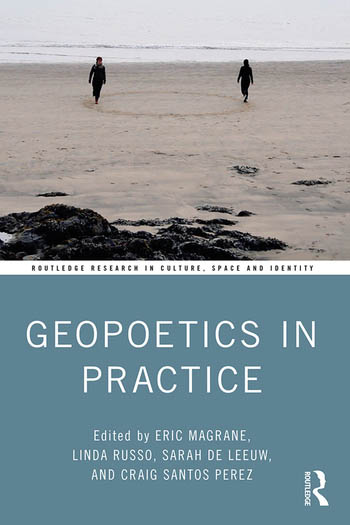
chapter, Bodies Belong
to the World: On Place,
Visuality, and Vulnerability,
appears in 2019's
Geopoetics in Practice.
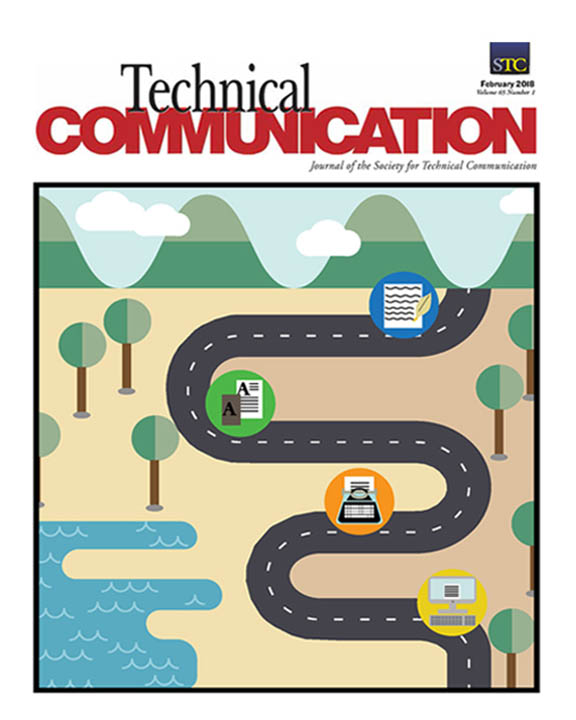
included in the February
2018 issue of Technical
Communication
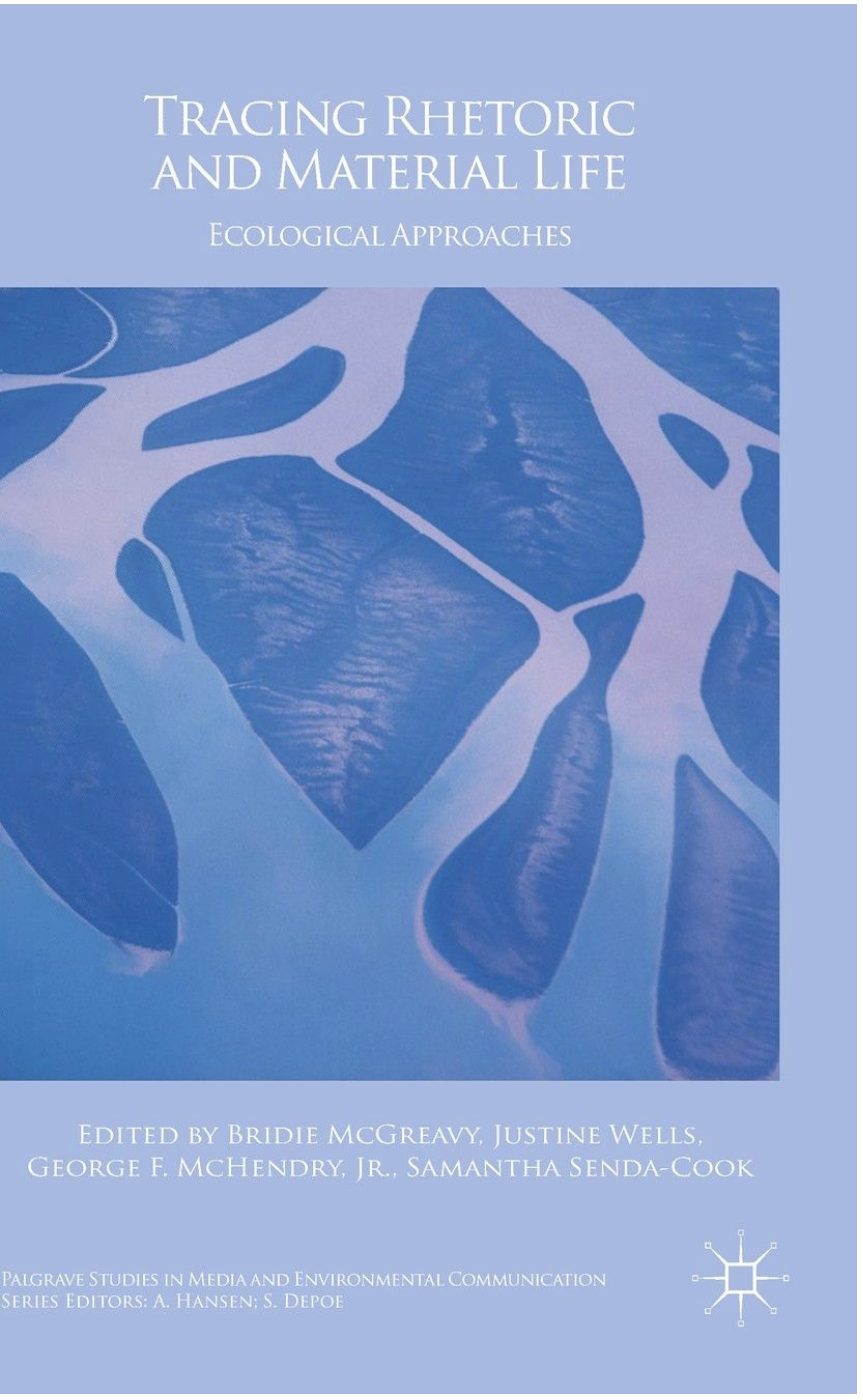
edited 2018's Tracing
Rhetoric and Material
Life: Ecological
Approaches
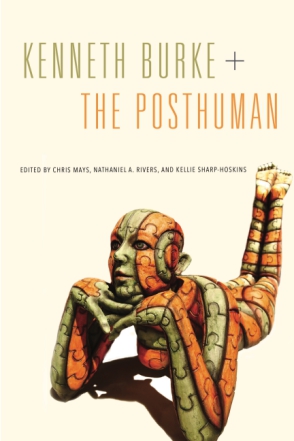
co-edited Kennethh
Burke collection.
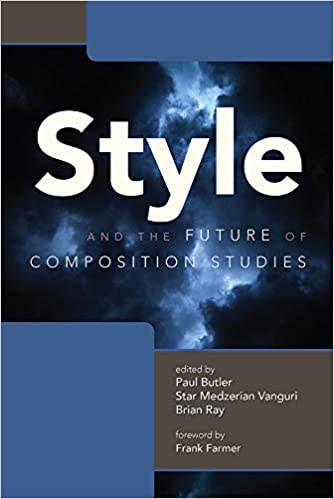
Metaphorical
Translingualisms: The
Hip-Hop Cipher as Stylistic
Concept, included in
edited collection Style
and the Future Composition
Studies.
